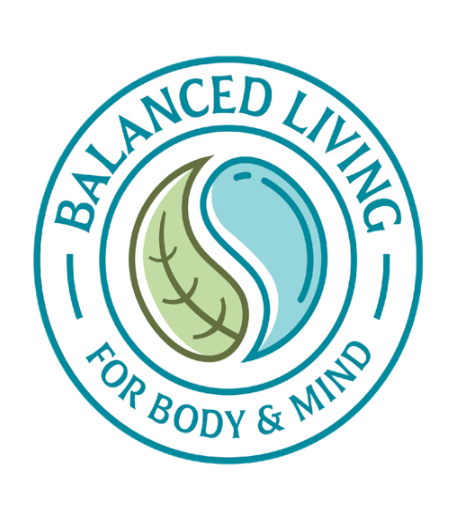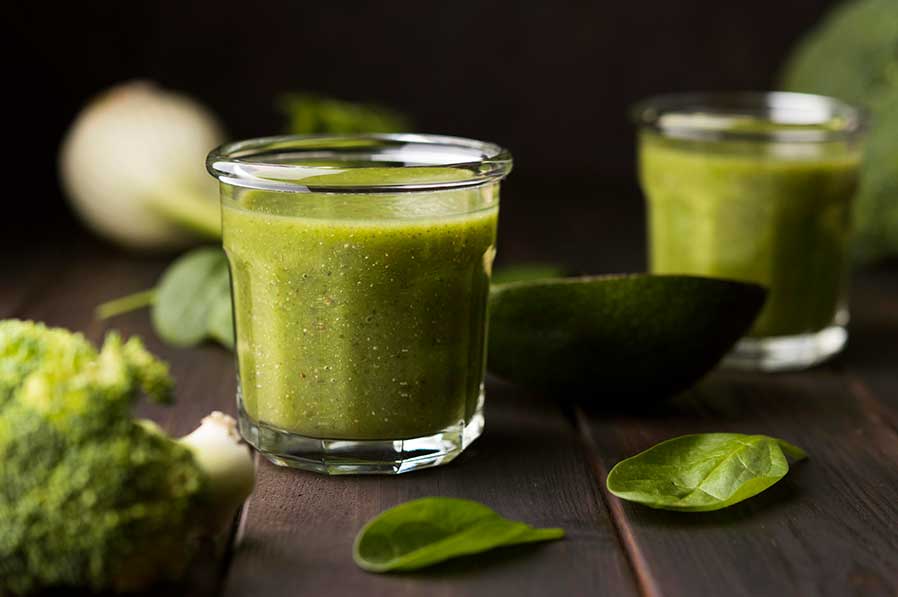Feel like you need to detox?
Here’s a safe and sustainable way to start your journey.
How many of us have started the new year with a three-day juice cleanse? And how many of us have popped off to a retreat centre for a week of fasting, colonics and watery-thin soups?
And how many of us have come back from these cleanses and retreats feeling like a million bucks for a few days, only to find ourselves feeling fatigued, stressed, bloated and ‘off’ less than a week later?
The problem isn’t so much the cleanse or the fasting programme. The problem is that we’re not taking into account the underlying factors at play in our own bodies – including genetics, stress, diet and overall toxic load.
Here, Jennifer Lewin unravels the myths surrounding doing an active detox. Jennifer is a US trained and licensed Acupuncturist and Herbalist, Functional Medicine practitioner and Integrative Manual Therapist with 20 years of experience. She works at Balanced Living Wellness Clinic here in Singapore to support people in restoring and maintaining their health.
Here, she shares about the building blocks of detoxification, how we can support the body’s natural ability to detox, and how to take a sophisticated and nuanced approach to detox. This enables you to do it in an ongoing, safe and sustainable way… for results that last years, not days.
What makes us toxic?
Toxicity is caused by a toxic load, which happens when we have a combination of too many endogenous plus exogenous toxins for our body to process. Endogenous toxins are compounds that are internally derived (such as too much insulin and/or oestrogen) and exogenous toxins are externally derived (such as air and environmental pollutants, heavy metals, mould, food-based pesticides and hormones). When the load of these toxins exceeds the body’s capacity to detox them, you reach your individual point of toxic load.
Our bodies were made for this
“We have a [built-in] detoxification system, and when it’s working optimally, our body can detox on its own,” says Jennifer.
We have genes that regulate detoxification, and we have organs that are designed to support the natural detoxification process (the liver, kidneys, gall bladder, gut, skin and lungs). When our systems are functioning optimally, there’s less need for us to introduce other detox programmes.
Upregulate the detox system first
Our natural detox system can only do its job when it’s functioning optimally. If it’s overwhelmed or underpowered, doing a detox programme will bring the toxins “out of hiding and they’ll get forced into the bloodstream, but if we can’t eliminate them, they get recirculated and stored back in our body,” says Jennifer. “So I don’t recommend people push detox until they’ve worked on and upregulated their natural detox system.”
How do we know if we’re not detoxing properly?
Unsure if your natural detox system is doing its job? Here is a list of symptoms that could signal that your detox system isn’t firing on all cylinders:
- Fatigue and/or energy issues
- Weight gain and/or difficulty losing weight
- Mood issues
- Headaches, migraines, brain fog, issues focusing, poor memory or concentration
- Skin issues: eczema, rashes, acne
- Hormone dysregulation – irregular monthly cycle, for example
- Inability to manage stress – feeling irritable, angry, wound up, anxious, depressed, racing thoughts, overwhelmed
What inhibits our ability to detox?
If you’re suffering from some of these symptoms, Jennifer says that the next step would be to identify the root causes that are getting in the way of your body’s natural ability to detox. Through functional medicine, she uses a variety of lab tests – including blood tests, stool tests, DNA analysis and hormone panels – coupled with “a very comprehensive case history to understand what’s really going on with an individual,” she says.
Some potential root causes of poor detox include nutrient deficiencies; gut, digestive and microbiome issues; blood sugar and insulin problems; and genomic variations relating to the detox genes (in particular, Phase 1 and Phase 2 liver detox genes).
The good news
The good news is there are solutions. We can make dietary and lifestyle changes that will support our body’s natural ability to detox, so that we can feel better, look better and live vital, energised and fulfilled lives. We’ll be sharing more in upcoming blogs on how to make key changes that will supercharge your ability to detox.
Key takeaways from this story
- Our bodies have a natural ability to detox
- Internal factors and external factors can inhibit this ability
- Before considering doing a detox programme, make sure your detox system is functioning at its best
- Functional Medicine support can help you identify what’s preventing your body from detoxing properly
- Lifestyle and dietary changes will help you upregulate your detox system
If you want to deep dive into the detox process and how to optimise it, watch Jennifer’s talk here. If you need support with preparing your body for detox, book an appointment with Jennifer here.

